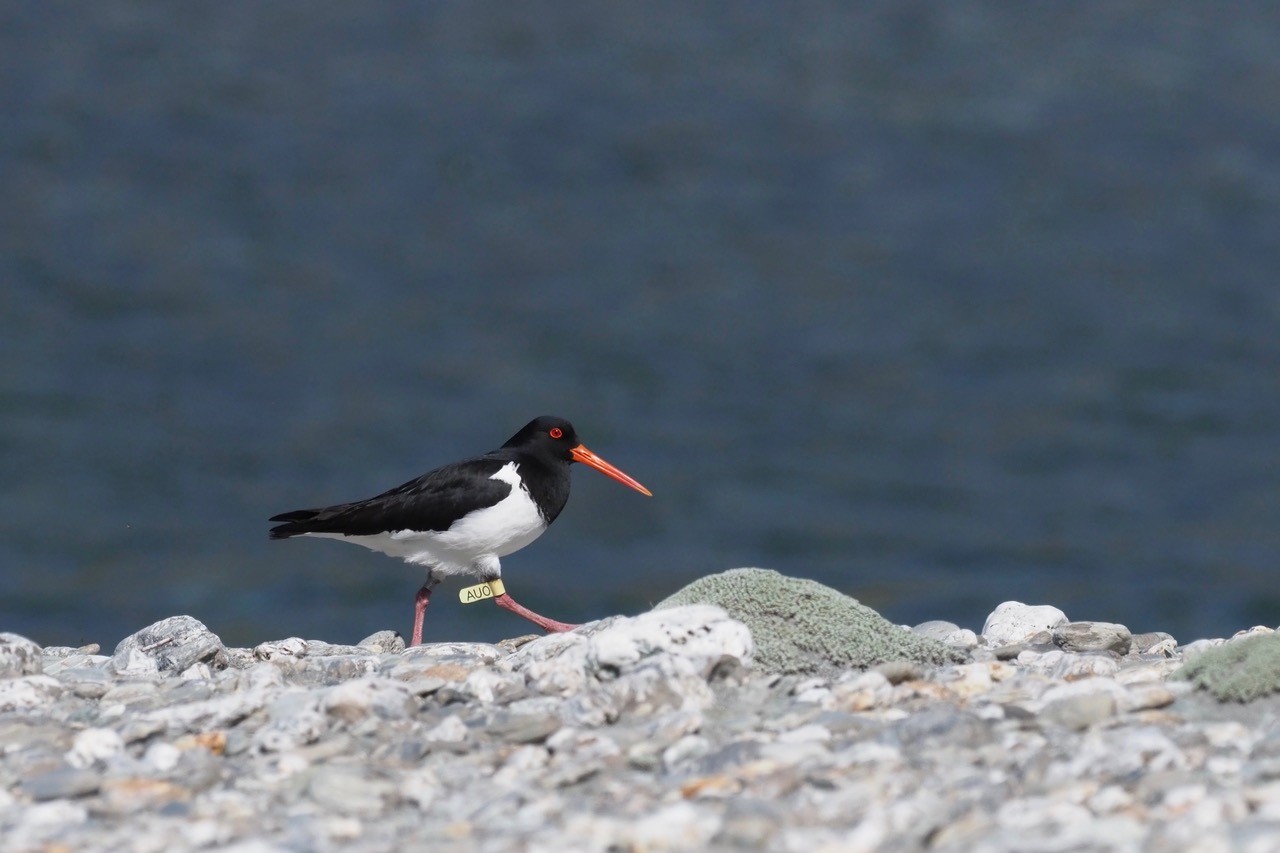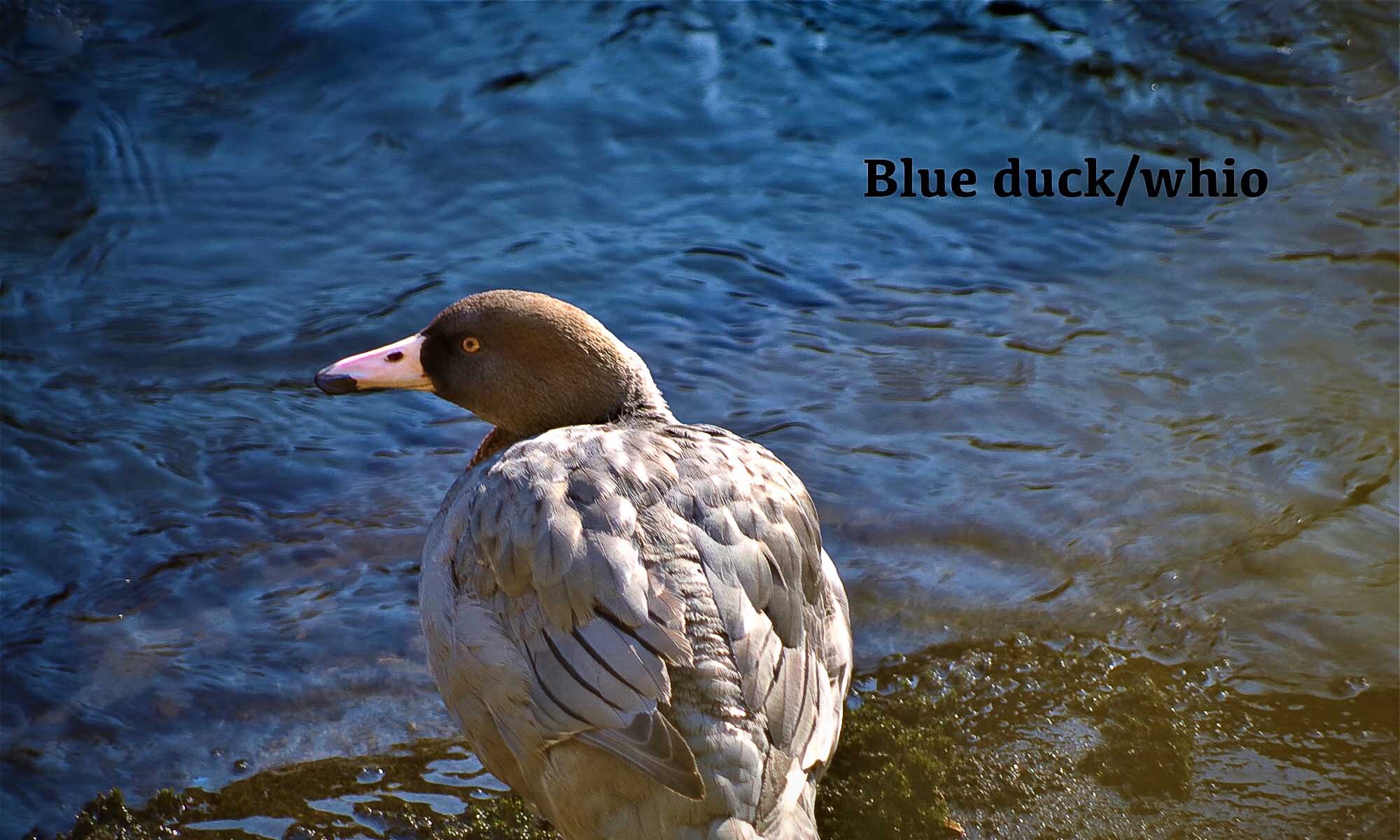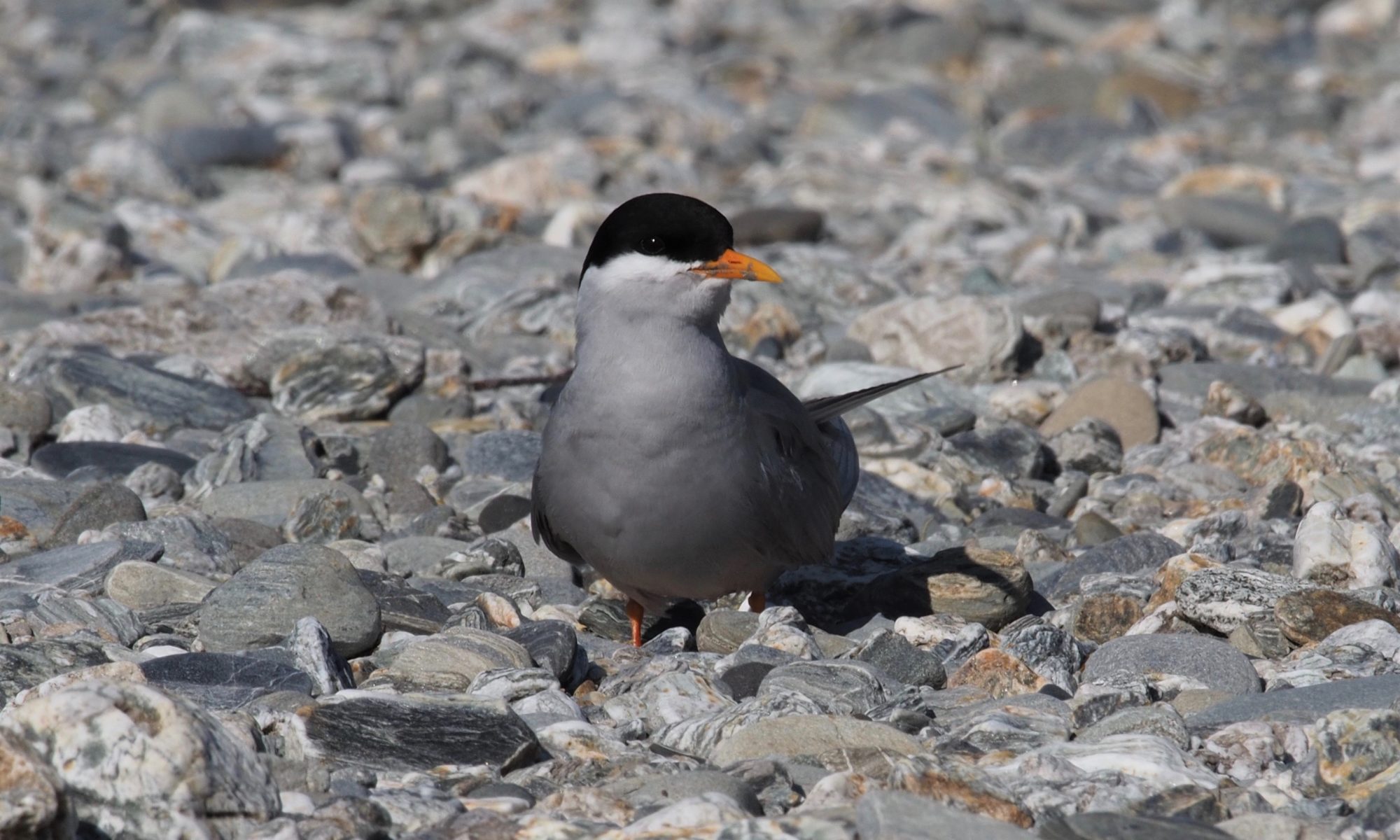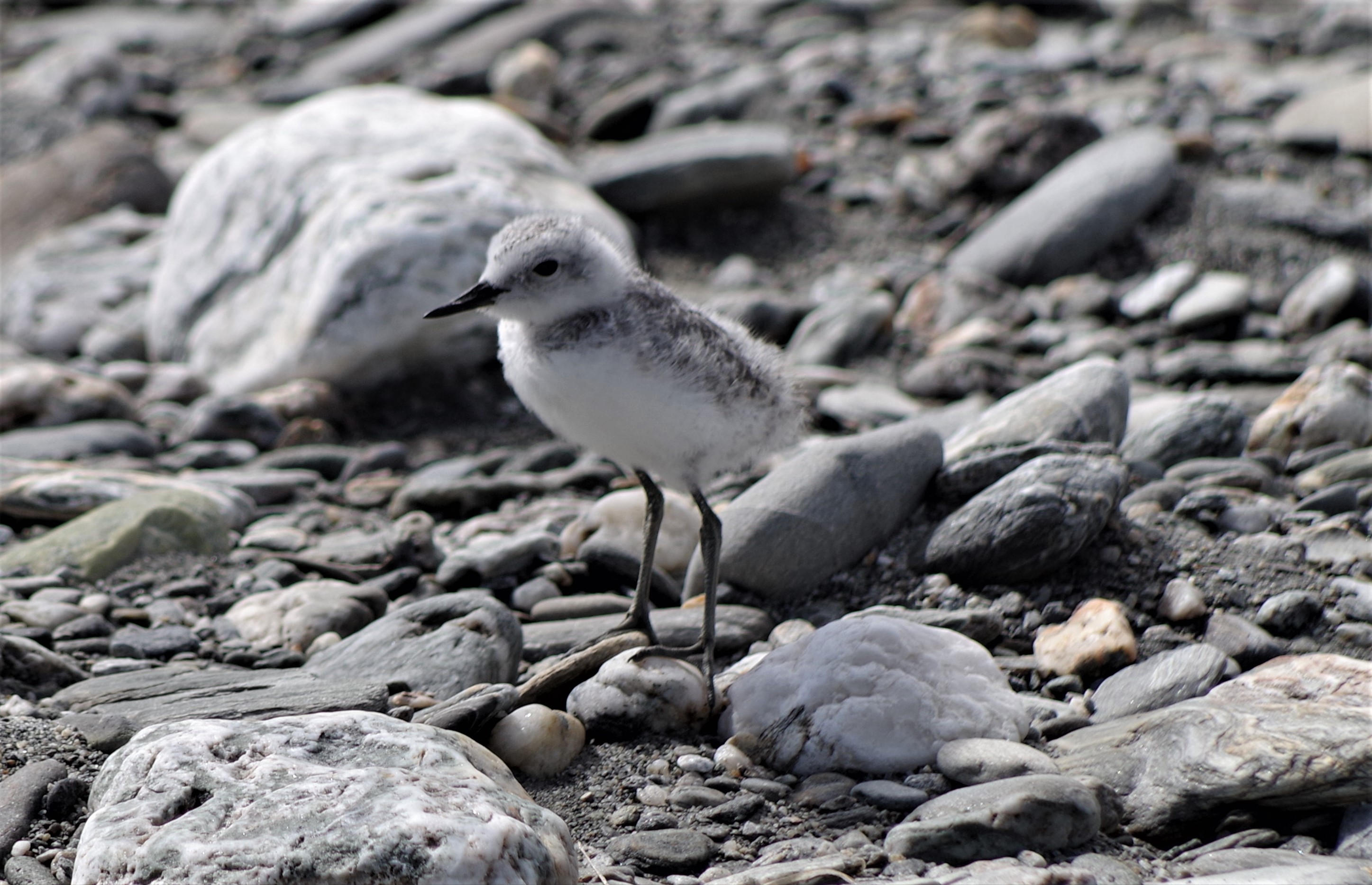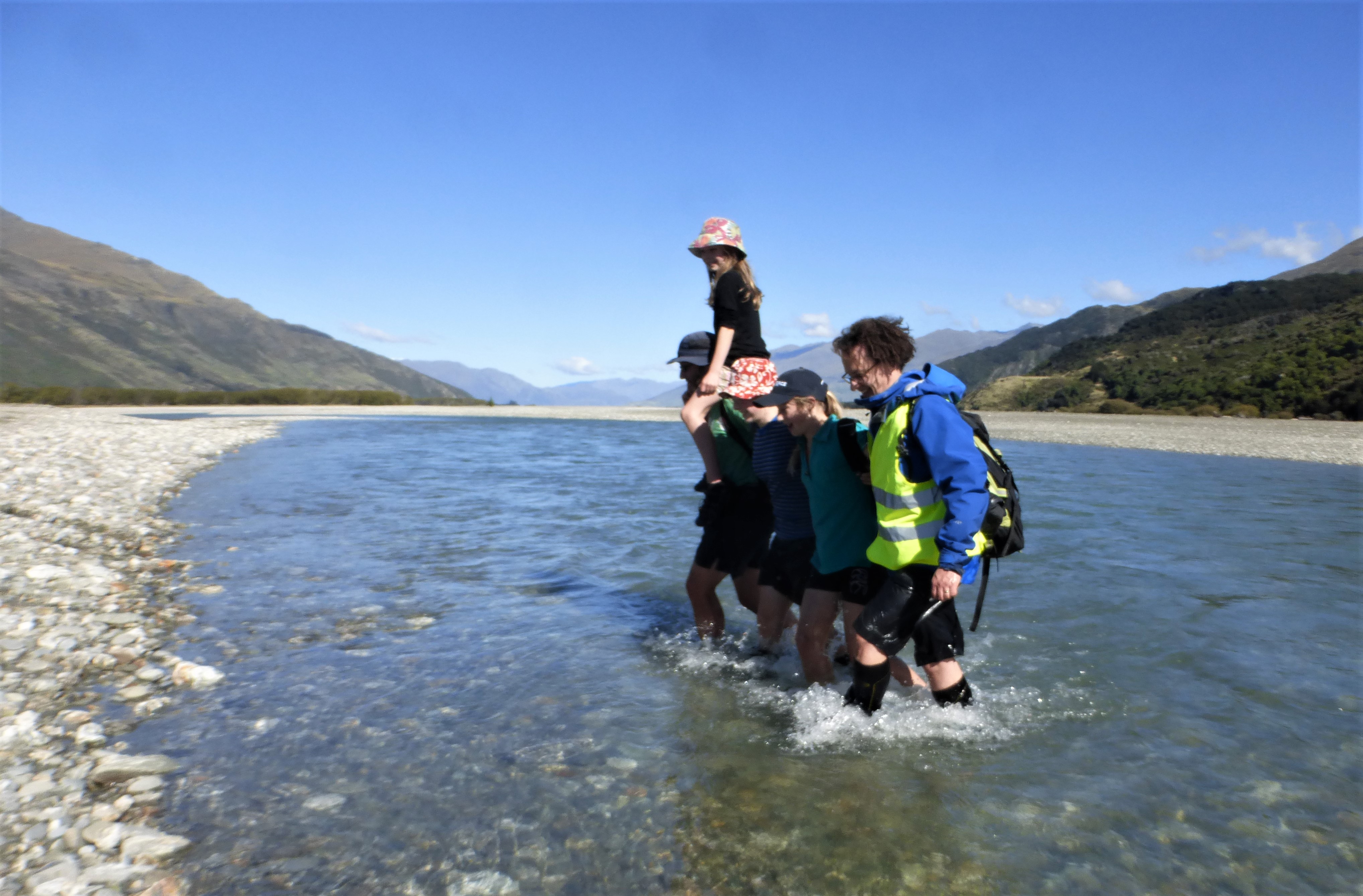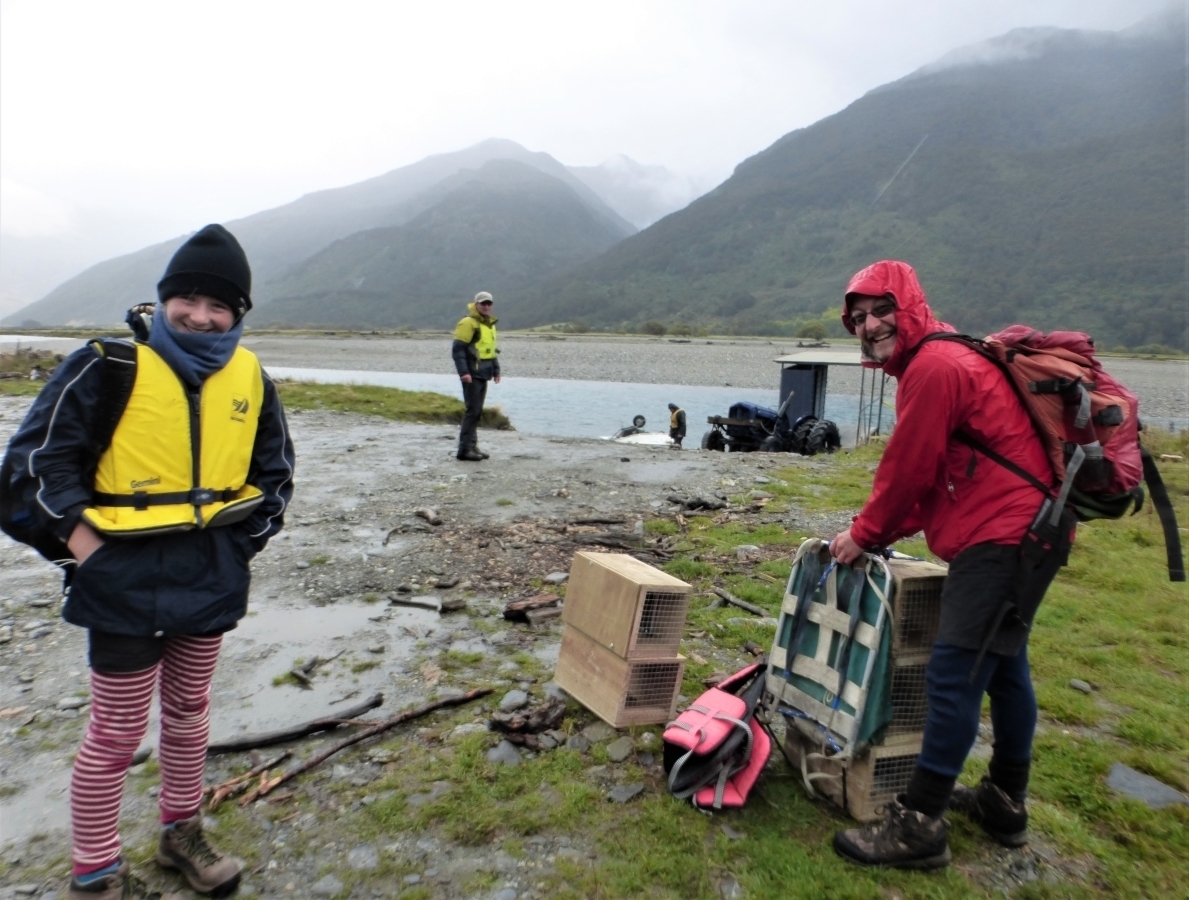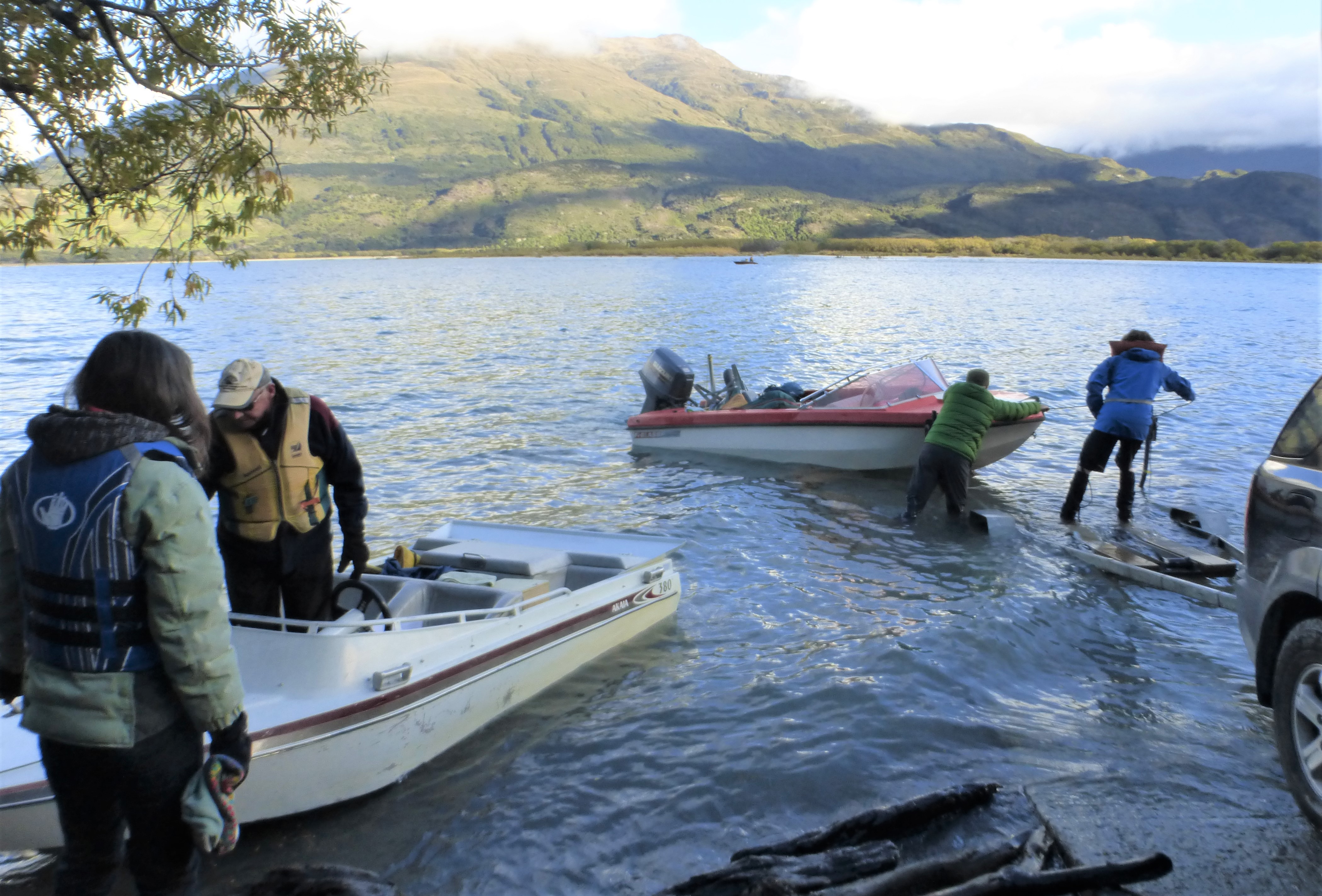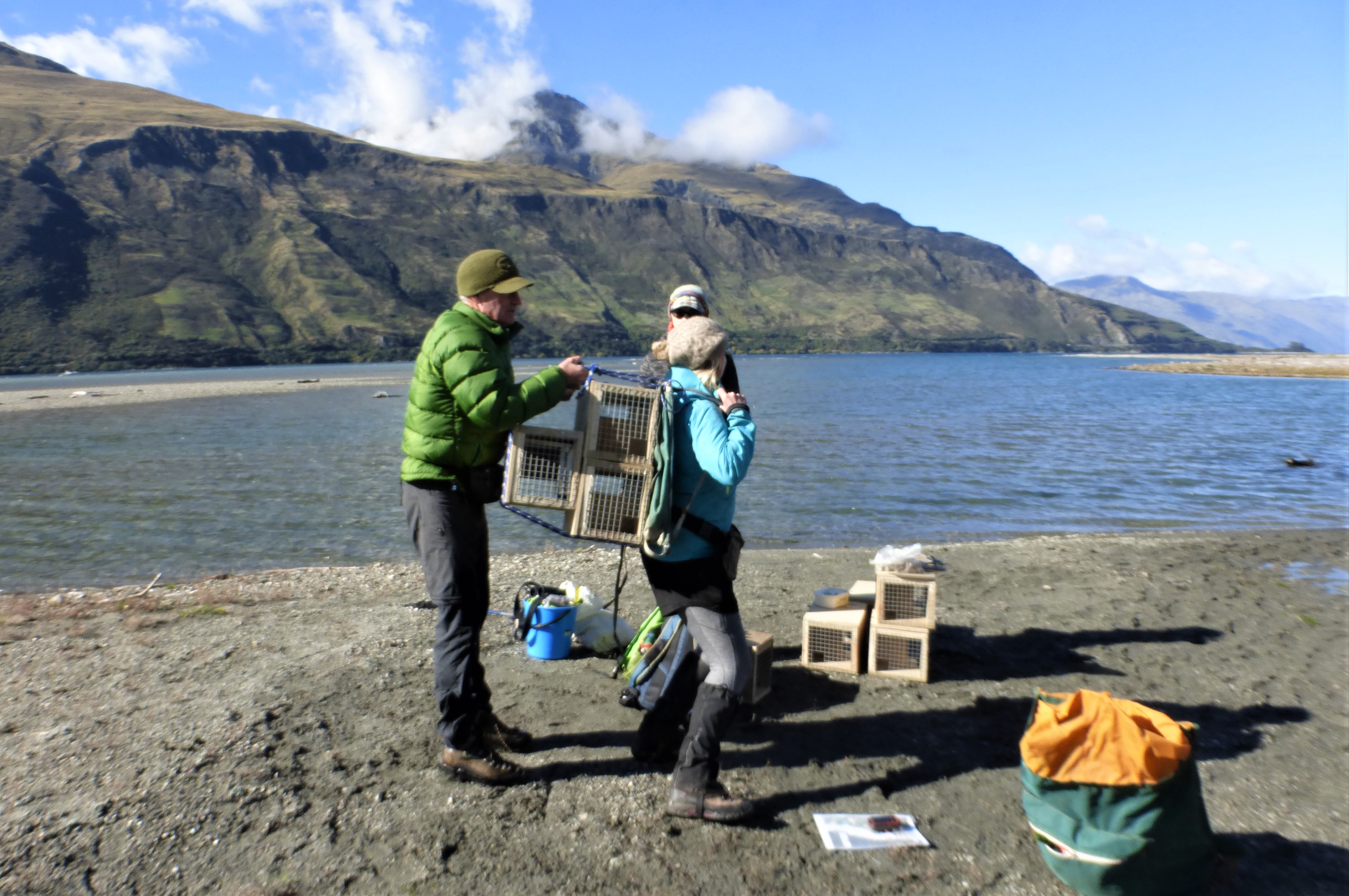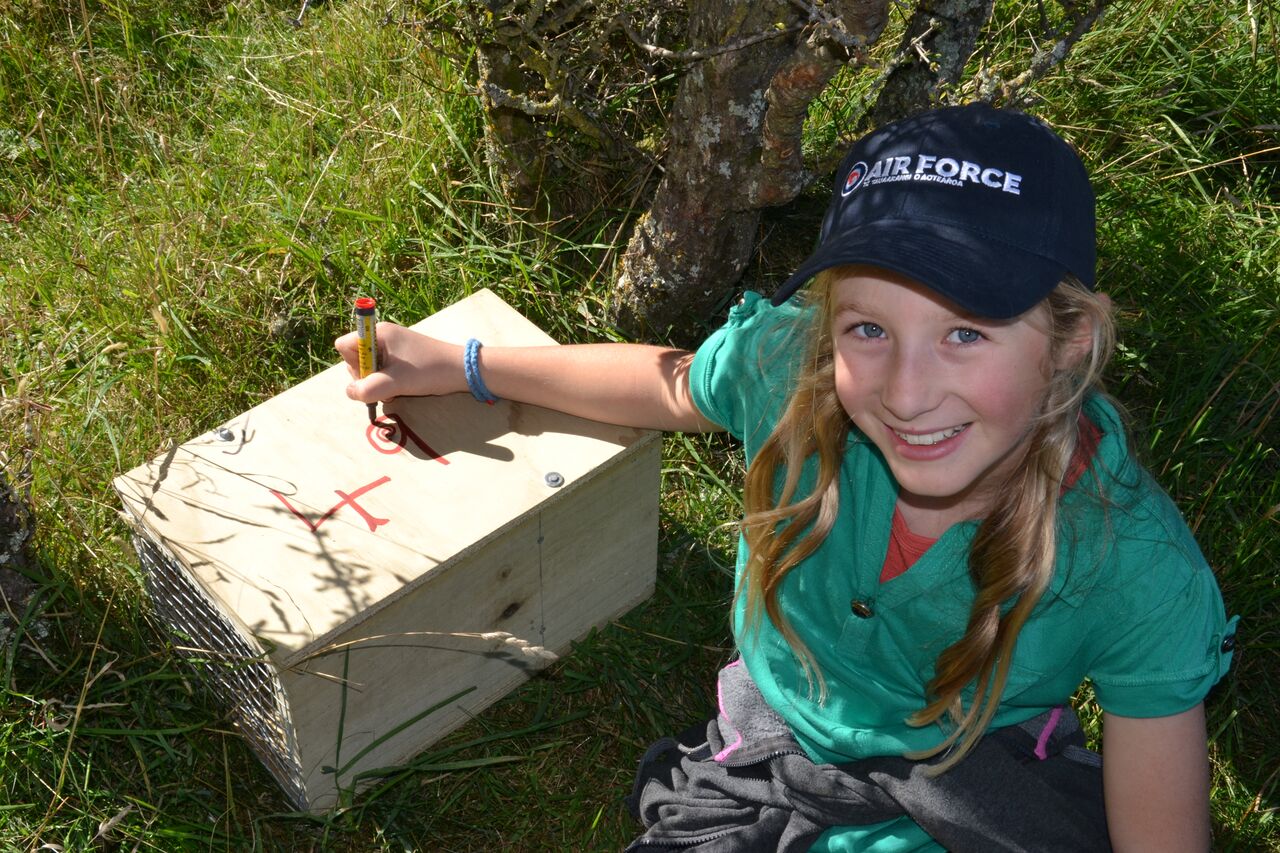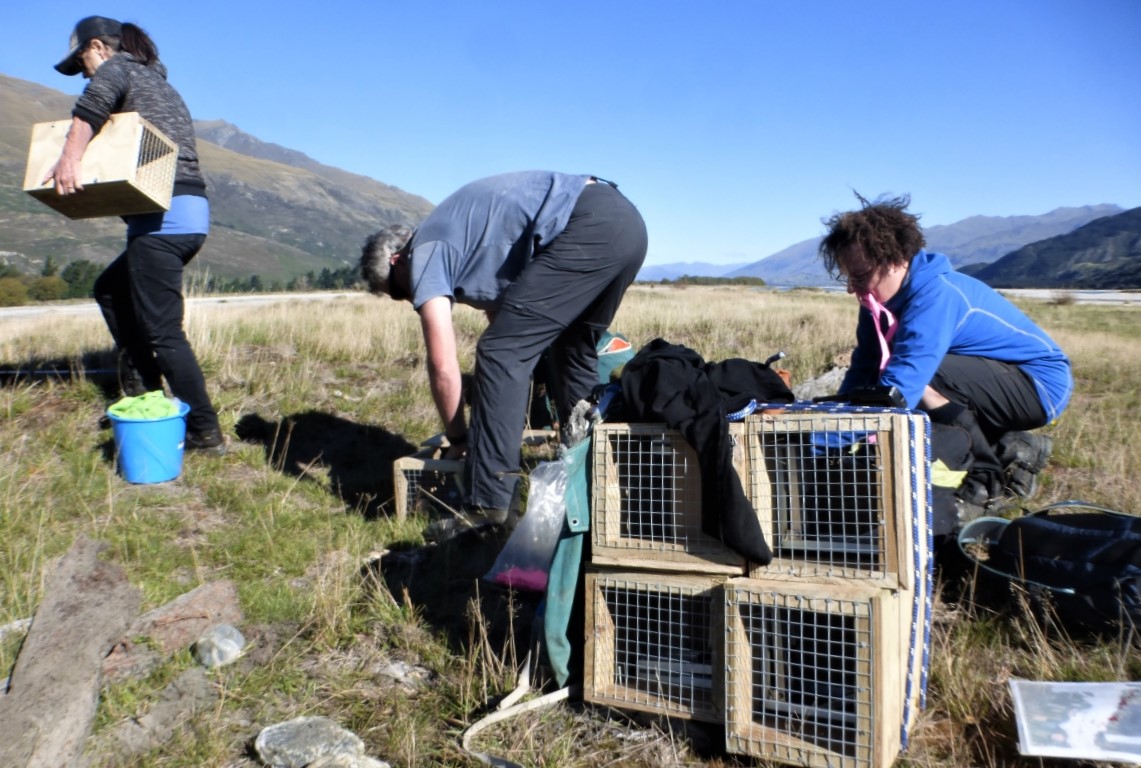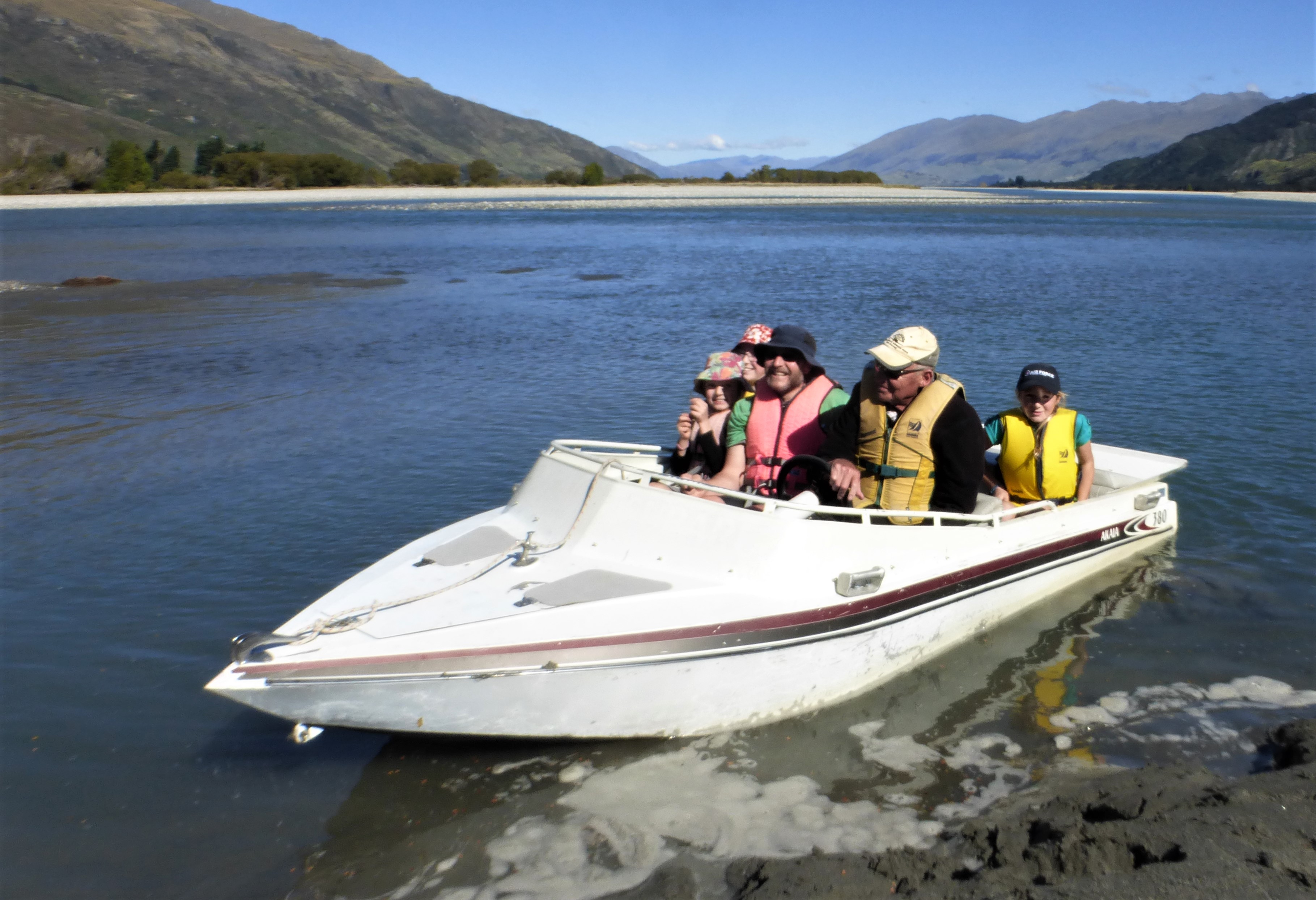The 2018 braided river bird survey for the Makarora River commenced on the 18 October over a period of three days. The survey area began at Boiler Flat, includes the lower Willkin and finishes at the Makarora delta where the river meets Lake Wanaka. Endangered braided river birds; wrybill, black-fronted tern, black-billed gull, banded dotterel and South Island pied-oystercatcher have returned to breed on the braided river again.
This year’s survey found six pairs of endemic wrybill (the only bird in the world with a bill that bends to the right), two on nests with eggs and one with two new chicks. During the survey one of the male wrybills was identified with a metal leg band and its unique code was identified thanks to the help of an amazing photo taken by volunteer surveyor Nick Beckwith.
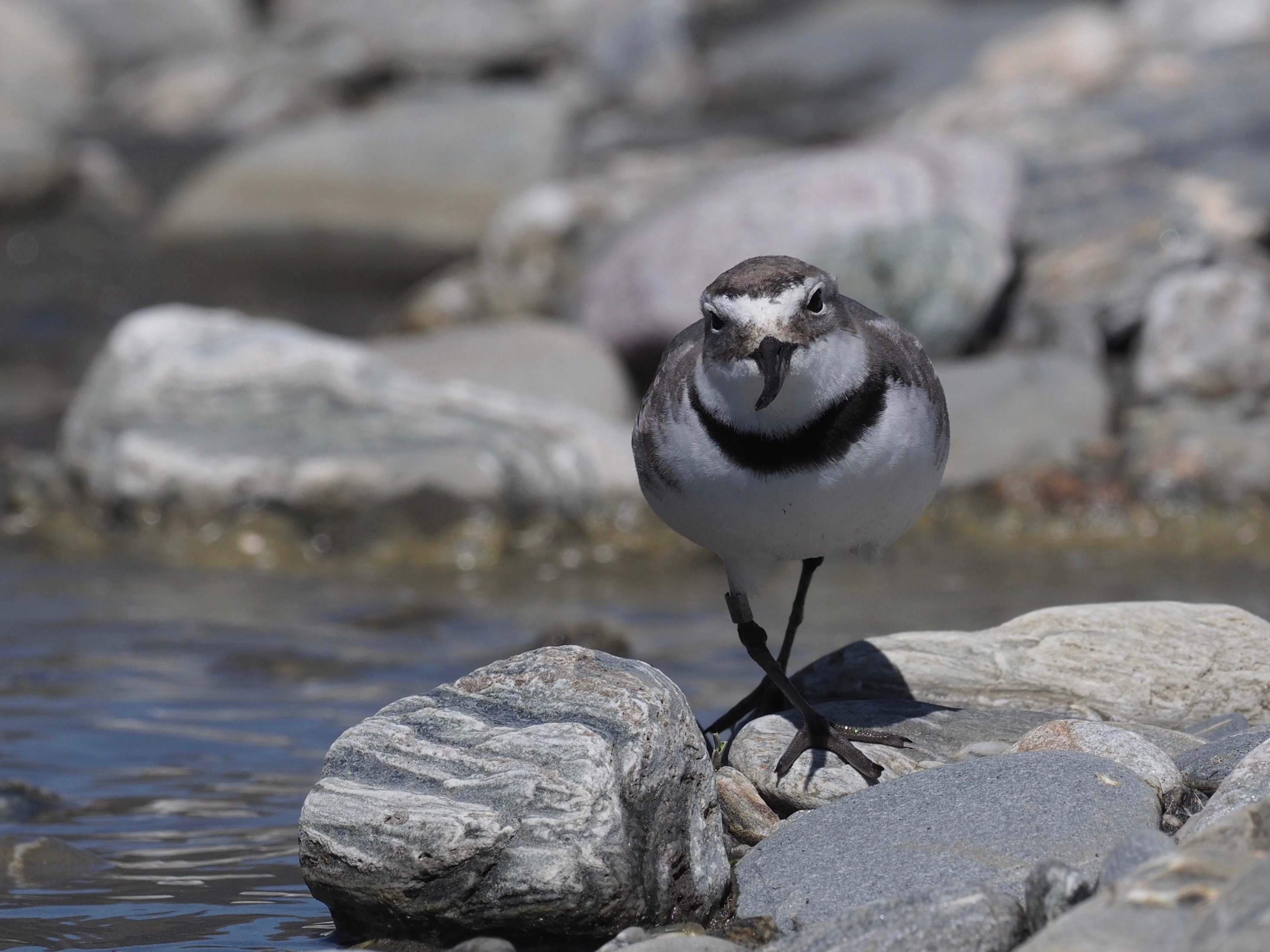
The wrybill was originally banded as a juvenile at Miranda (Firth of Thames) and now as a six year old is found breeding over 900 km away. This bird has probably made the return journey at least five times. A wrybill female was also recorded with a metal band last year and she was found to have been banded on the same day as the male (as an adult) at Miranda during November 2012.
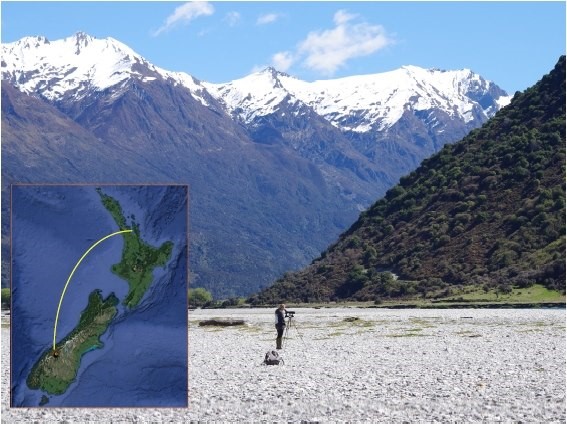

Key nest site monitoring is ongoing throughout the bird breeding season. Two wrybill chicks hatched on 6 November after 30 day incubation period; mainly by the female (shown below).
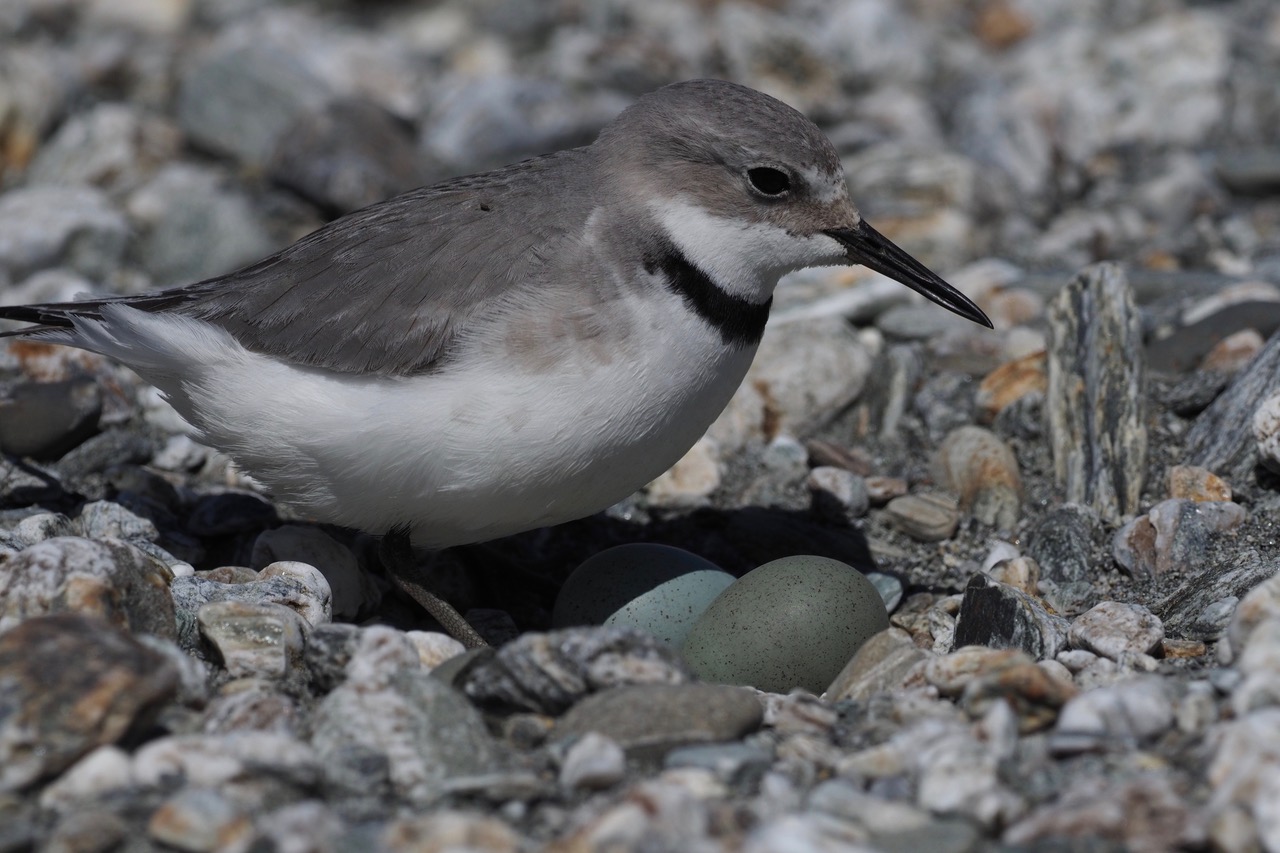
The black fronted terns had formed a number of nesting colonies with eggs at many nest sites along the length of the river. Unfortunately most nests were lost to high level flooding over the last weekend but signs of re-nesting has already been observed.
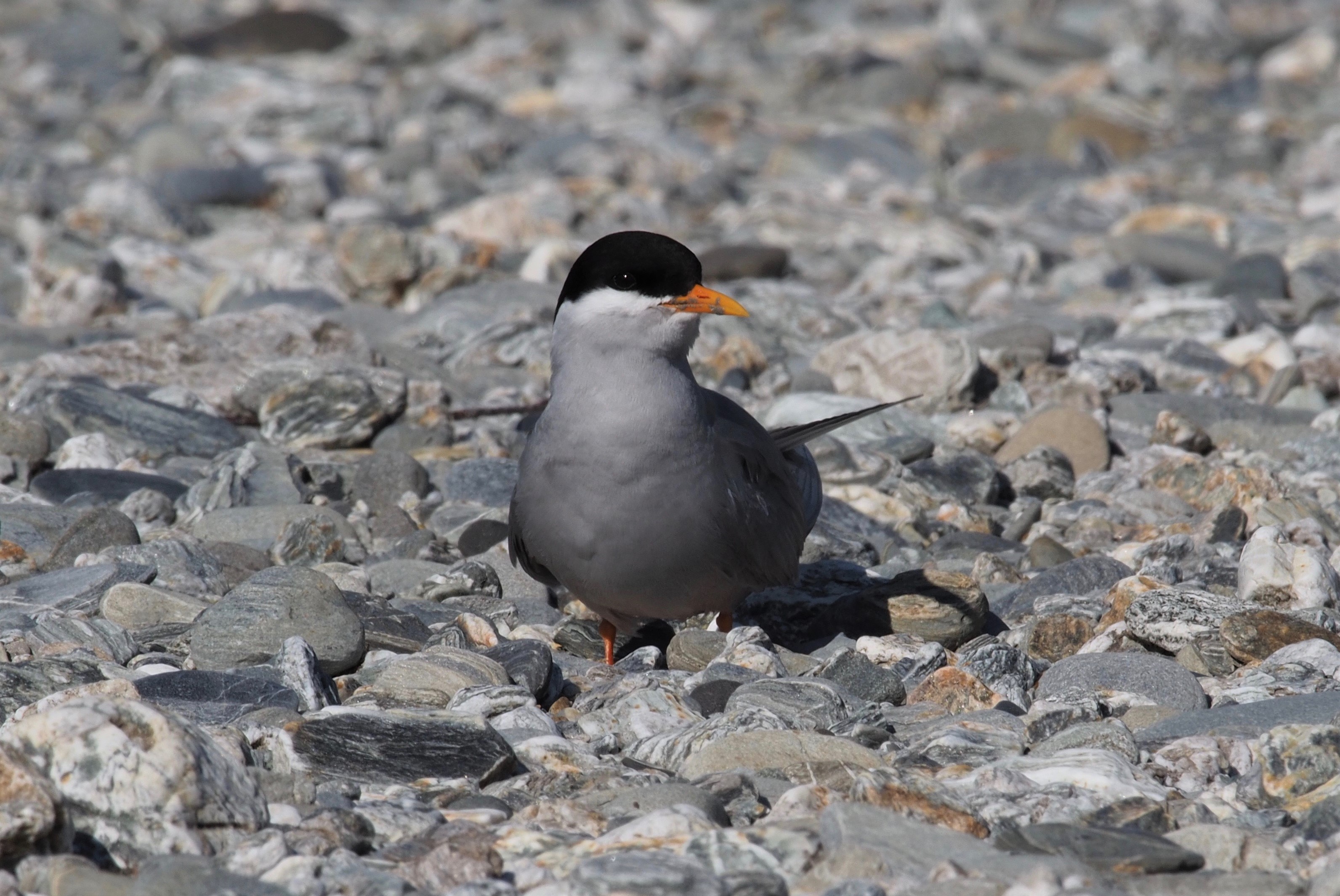
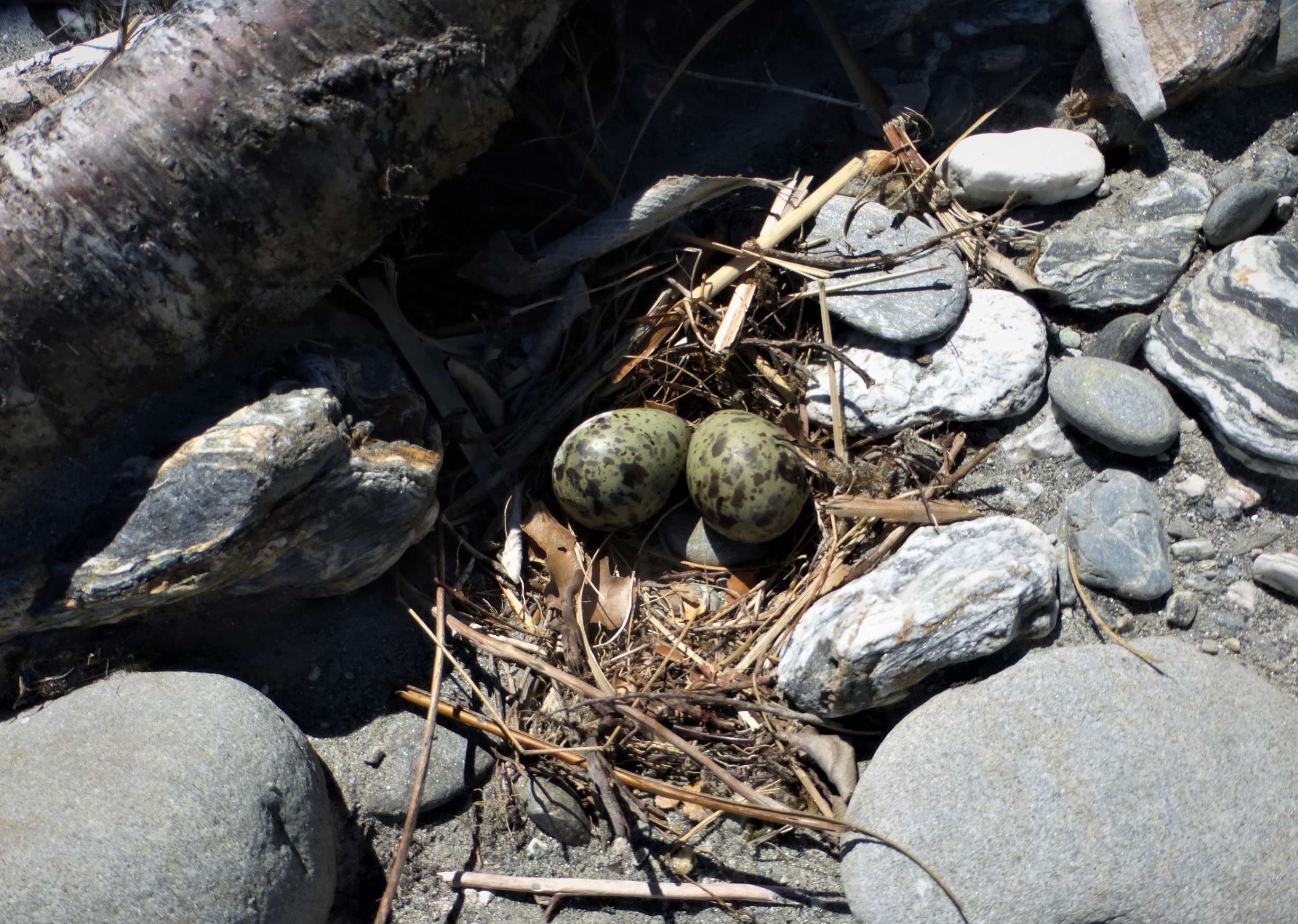
Despite the Makarora River flooded “bank to bank” last Friday the adaptation of endemic braided river birds is such that a flightless braid island bound banded dotterel chick somehow survived an extreme natural weather event (image below). Nature never fails to amaze!
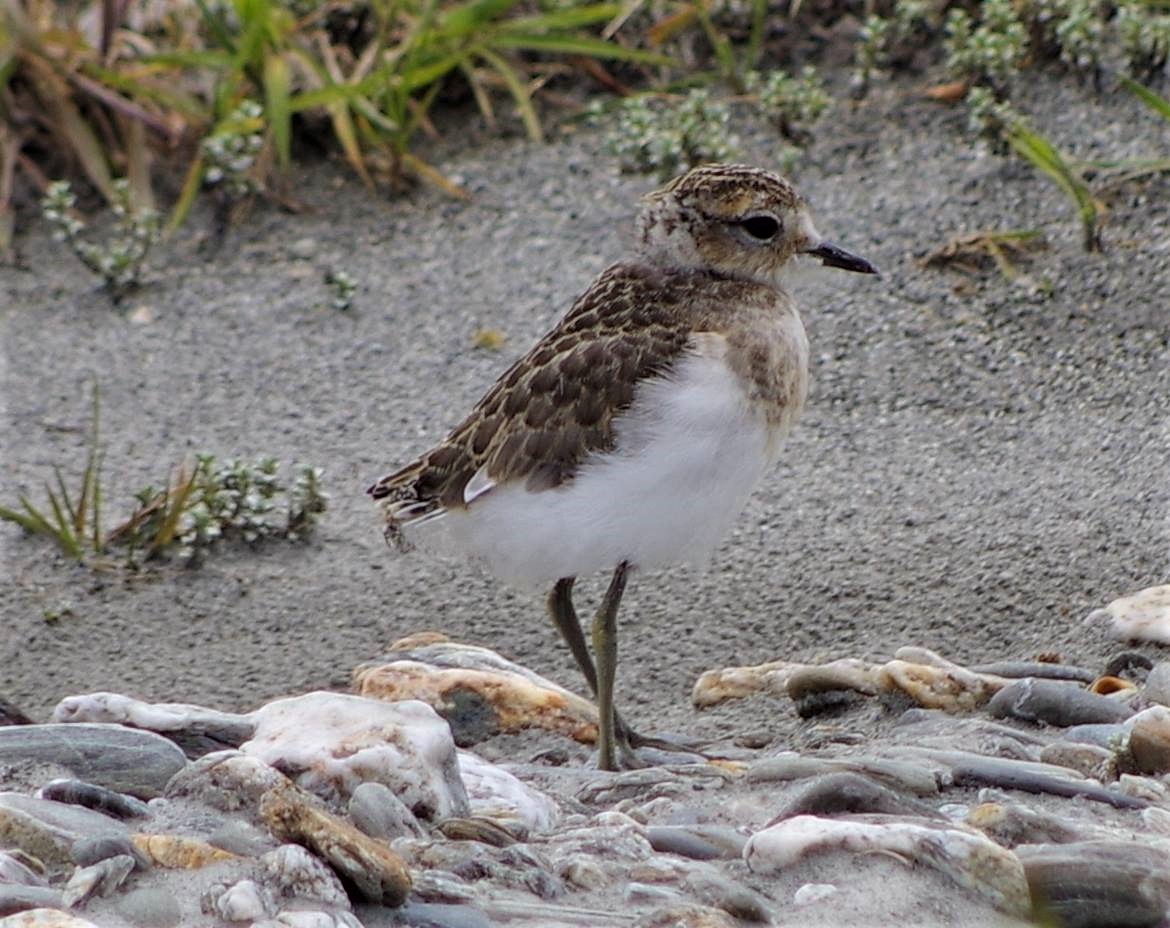
Southern black-backed gull (SBBG) population control commenced this season on the Makarora River and also on a more national scale for Canterbury braided Rivers. The numbers of SBBG’s have significantly increased on the Makarora River and on a national scale due primarily to changes in landuse. They are a known predator of braided river bird eggs and chicks, particularly in relation to black-fronted terns. This is evident from trial camera footage at several nesting sites. Invasive avian predator control complements the existing invasive mammal predator control programme for the Makarora River. Similar control measures over time have been shown to increase fledgling success for black fronted terns on the Tasman River.
Fig 1, below summarises this years braided river bird walkover survey counts.
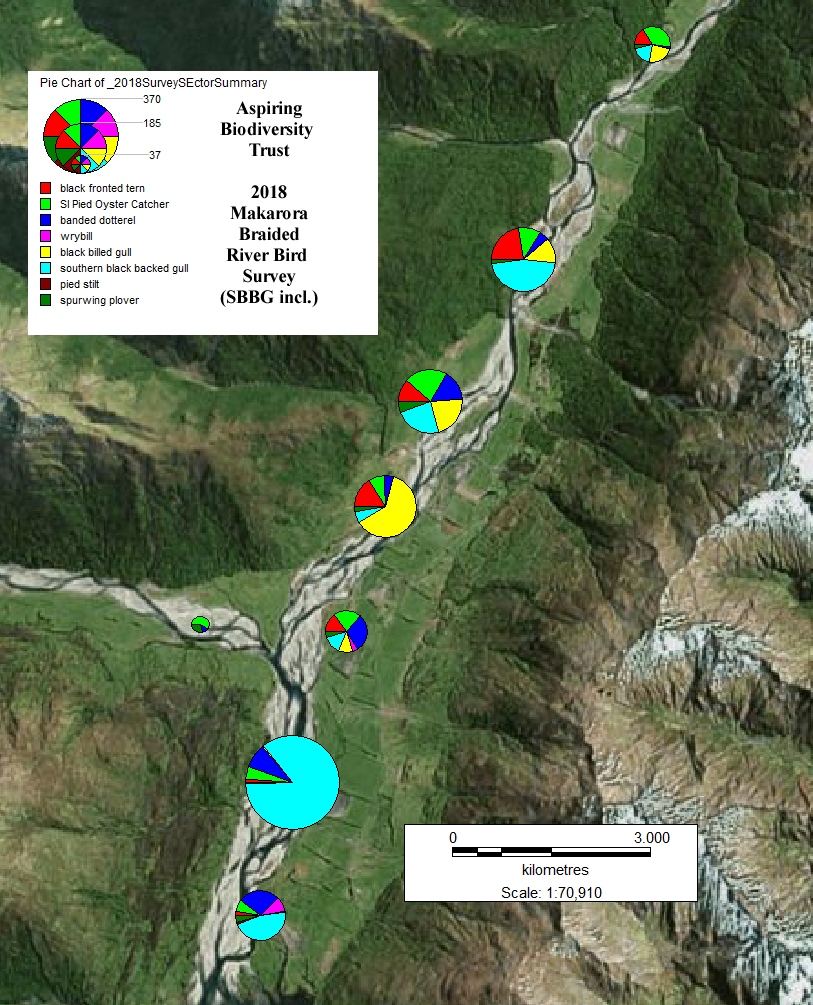
Other interesting records include a banded and flagged South Island pied- oystercatcher. This bird was originally banded at Sand Island near Nelson Airport as an adult during January 2010. This is an interesting record as little is currently know about the migrational movements of this species.
